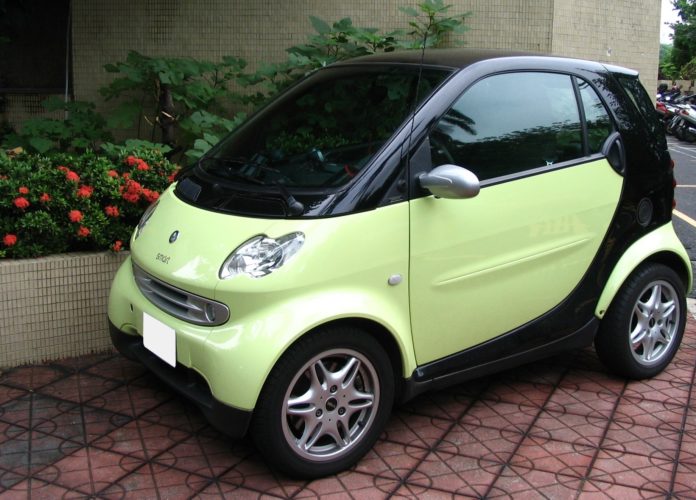Cars and other vehicles are perhaps the most obvious of ‘things’ climbing on the IoT bandwagon today.
By Janani Gopalakrishnan Vikram
Autonomous self-driving cars might be a decade away from mainstream use, but almost every automaker is now focusing on smart connected cars, and these are proving to be quite awesome and useful as well. Gartner Analyst Thilo Koslowski describes connected vehicles as cars that access, consume, create, enrich, direct and share digital information between businesses, people, organisations, infrastructures and things. “Those ‘things’ include other vehicles, which is where the Internet of Things becomes the Internet of Cars,” he writes in one of his articles.
Industry experts believe that the elite have already started looking at cars as mobile devices, and began evaluating models by the extent of connectivity, car management, security and social apps, and so on. Very soon, all users will begin using these as critical aspects of evaluation. This is surely a trend that will strengthen because in cars, connectivity and smartness are not just snazzy but extremely useful too. So, what can connected cars do for you, for others, for the environment? Here are some examples:
- Cars will have better and smarter navigation systems compared to today. They will be able to assess alternative routes, ‘talk’ to other cars and find out how good or bad a route is, and so on, to arrive at the best route for you.
- They will be capable of handling voice-response commands. They will also let you connect with Pandora, Stitcher and other apps on your phone via the car’s voice-recognition interface. You might be able to pre-order your dinner, shop online, pay for petrol, etc., by connecting to your phone using your car’s voice interface.
- Cars will connect with wearable sensors to monitor your health condition (if you suffer from a known problem) and transmit the data to a healthcare specialist. It might even automatically park your car or call for help when it detects that you are feeling unwell and not in a position to drive. Ford, for example, is working on a car with sensors and an assisted driving mode that makes it safer for people with seizure to drive.
- While cars might not start driving independently just as yet, they will surely help you drive in a more relaxed and efficient manner using tools like adaptive cruise control, fuel saving modes, etc.
- They will help you find parking lots!
- Connected cars will know more about its user – like the kind of music you like, preferred driving modes, commonly commuted routes, and so on. They can change modes, suggest routes or music, connect to social networks, etc., automatically by understanding your likes and dislikes.
- Car sharing could be automated, rather than use a traditional ask-and-approve system. Sensors in cars, tied to GPS positioning, could let a backend network know where a car is parked at any given moment, and plan car-pooling based on that information.
- Cars are likely to become the greatest environmental saviours by moderating air-conditioner use, improving fuel efficiency, improving driving skills, reducing traffic (which contributes to pollution and fuel wastage), and so on.
- Car-to-car communication and navigation together with other in-car safety features would help prevent accidents altogether.
Tesla, Ford, Toyota, Honda, almost all the world leaders in cars are working on smart cars, and autonomous ones as well. Silicon specialists like Intel, NXP, Texas Instruments, etc., are also entering the automotive value chain. Soon, telecom players will be providing specialised ‘plans’ for auto-users just as they did for the BlackBerry or iPhone.
More than anything else, consumers are also showing a strong interest in the features of a connected vehicle. Recent Gartner researches focused on US auto consumers show that 46 per cent are interested in safely accessing mobile applications like on-demand wireless maps, software updates, parking search, local searches, etc. inside the vehicle. Nearly 40 per cent would also opt for remote diagnostic capabilities that alert them when parts need replacement. More than one-third are interested in a self-driving, autonomous vehicle, and thirty per cent are likely to opt for a vehicle that allows them to tether their smartphone to get Internet connection there.
So, here we are, at the cusp of the Internet of cars!
The author is a technically-qualified freelance writer, editor and hands-on mom based in Chennai.












